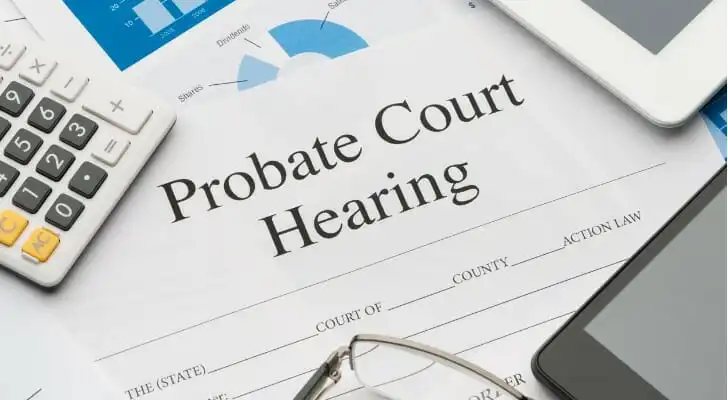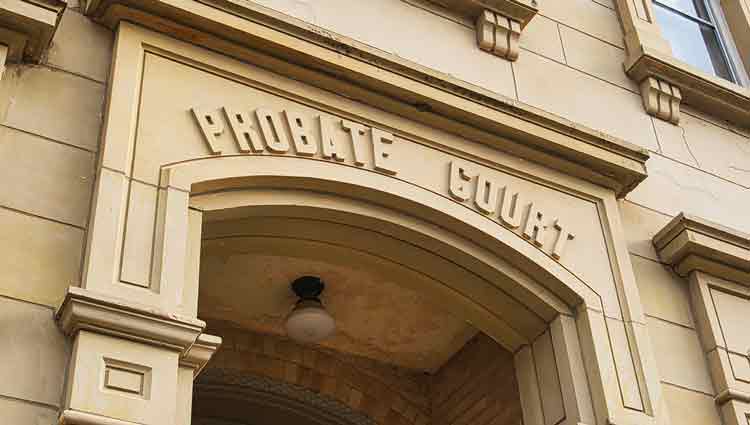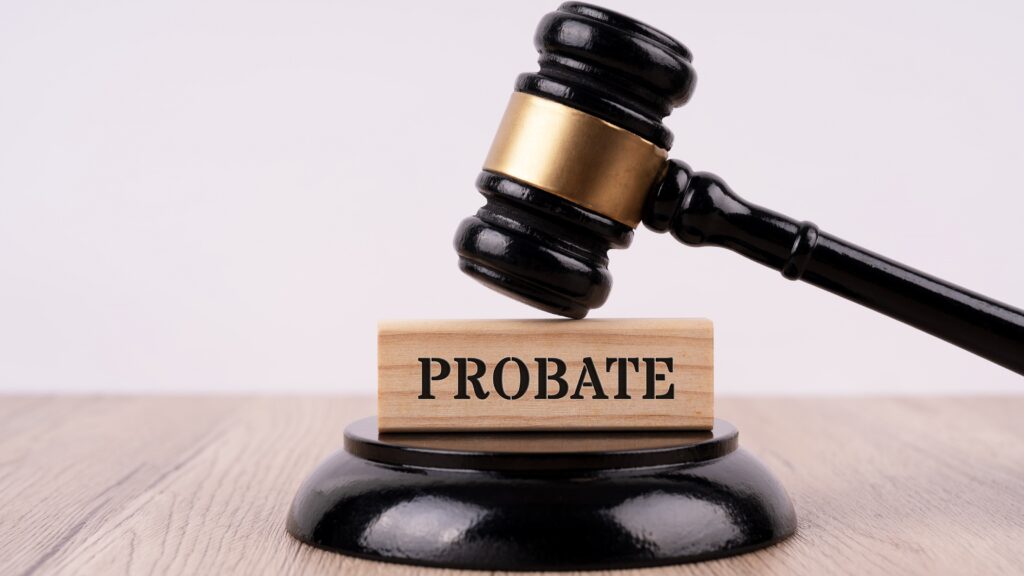Common Questions About the Probate Process in Texas
Many individuals have questions regarding the probate process, especially during a time of loss. Understanding common queries can help demystify the legal proceedings involved in estate administration. For instance, people often wonder about the duration of probate, the role of an executor, and how debts are settled during this process.
Additionally, questions like "What happens if there is no will?" or "How are assets distributed?" frequently arise. These inquiries highlight the need for clear and accessible information, ensuring that families can navigate the complexities of probate law with confidence and clarity.
Understanding Executor Responsibilities in Texas Probate
The role of an executor is crucial in the probate process, as this individual is responsible for managing the estate of the deceased. Executors are tasked with ensuring that debts are paid, assets are distributed according to the will, and all legal requirements are met during the probate process. This responsibility can be daunting, particularly for first-time executors.
In Texas, executors must also be familiar with various legal documents and court procedures, including how to file the will and handle estate taxes. Proper guidance can help executors fulfill their duties effectively, minimizing the potential for disputes among heirs and ensuring a smoother probate process.
Probate Alternatives: What Are Your Options?
While probate is a common method for settling an estate, there are alternatives that may be more suitable for certain situations. Options such as living trusts, joint ownership, and payable-on-death accounts can simplify the transfer of assets and avoid the lengthy probate process. These alternatives are particularly beneficial for those looking to streamline estate management and reduce costs.
Understanding these alternatives can empower individuals to make informed decisions about their estate planning. Consulting with a knowledgeable attorney can provide insights into the best options for avoiding probate and ensuring that assets are distributed according to one’s wishes.
Key Documents Required for the Probate Process in Texas
To initiate probate in Texas, several key documents are essential. The most critical of these is the deceased's will, which outlines how the individual wishes their assets to be distributed. Other necessary documents may include a death certificate, an application for probate, and any relevant estate inventory forms.
Having these documents prepared and organized can significantly expedite the probate process. Individuals should also be aware of any specific forms required by the local probate court, as these can vary by jurisdiction. Proper documentation ensures compliance with legal standards and facilitates a smoother transition during estate administration.
Common Questions About the Probate Process in Texas
Many individuals have questions regarding the probate process, especially during a time of loss. Understanding common queries can help demystify the legal proceedings involved in estate administration. For instance, people often wonder about the duration of probate, the role of an executor, and how debts are settled during this process.
Additionally, questions like "What happens if there is no will?" or "How are assets distributed?" frequently arise. These inquiries highlight the need for clear and accessible information, ensuring that families can navigate the complexities of probate law with confidence and clarity.
Understanding Executor Responsibilities in Texas Probate
The role of an executor is crucial in the probate process, as this individual is responsible for managing the estate of the deceased. Executors are tasked with ensuring that debts are paid, assets are distributed according to the will, and all legal requirements are met during the probate process. This responsibility can be daunting, particularly for first-time executors.
In Texas, executors must also be familiar with various legal documents and court procedures, including how to file the will and handle estate taxes. Proper guidance can help executors fulfill their duties effectively, minimizing the potential for disputes among heirs and ensuring a smoother probate process.
Probate Alternatives: What Are Your Options?
While probate is a common method for settling an estate, there are alternatives that may be more suitable for certain situations. Options such as living trusts, joint ownership, and payable-on-death accounts can simplify the transfer of assets and avoid the lengthy probate process. These alternatives are particularly beneficial for those looking to streamline estate management and reduce costs.
Understanding these alternatives can empower individuals to make informed decisions about their estate planning. Consulting with a knowledgeable attorney can provide insights into the best options for avoiding probate and ensuring that assets are distributed according to one’s wishes.
Key Documents Required for the Probate Process in Texas
To initiate probate in Texas, several key documents are essential. The most critical of these is the deceased's will, which outlines how the individual wishes their assets to be distributed. Other necessary documents may include a death certificate, an application for probate, and any relevant estate inventory forms.
Having these documents prepared and organized can significantly expedite the probate process. Individuals should also be aware of any specific forms required by the local probate court, as these can vary by jurisdiction. Proper documentation ensures compliance with legal standards and facilitates a smoother transition during estate administration.










